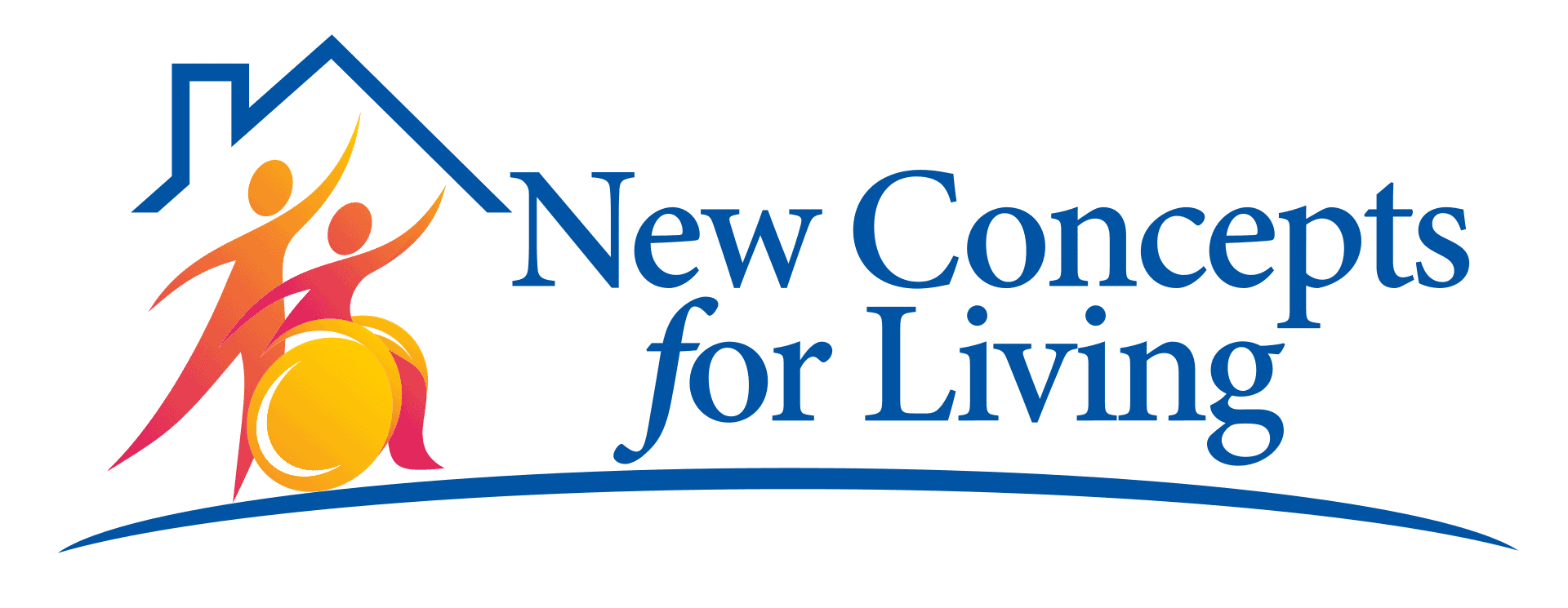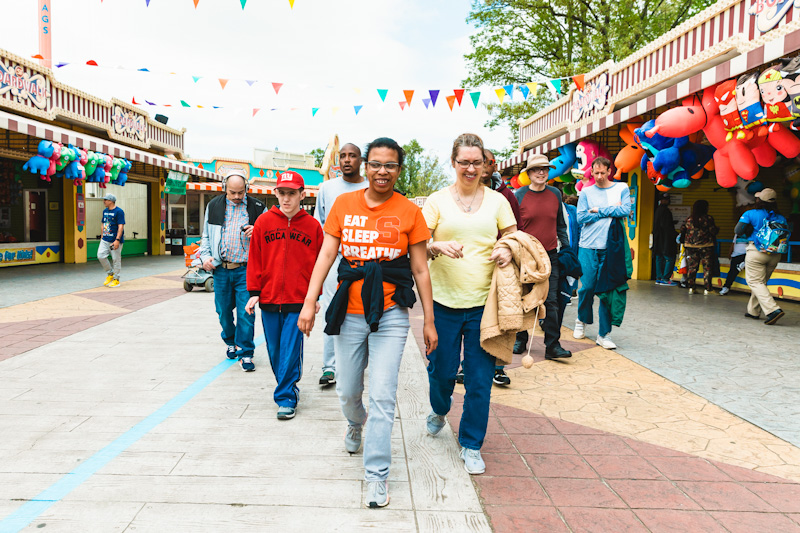The Importance of Social Networks and Community Inclusion for Individuals With IDD
Socialization is an integral part of human life and overall well-being. It plays a crucial role in our development from early childhood through adulthood. Through social interaction, individuals learn and internalize the norms, values, and beliefs of their society, shaping their behavior and worldview. But navigating social landscapes isn’t always easy. Doing so can be a challenge for anyone, but it can be particularly difficult for individuals with intellectual and developmental disabilities (IDD). In this article, we’ll explore the importance of social networks and community inclusion in enhancing the lives of people with IDD.
Social Isolation and IDD
A critical challenge individuals with IDD often face is social isolation. Due to various reasons — such as societal prejudices, lack of accessibility, and communication difficulties — individuals with IDD are more prone to experience isolation and loneliness. This isolation can potentially lead to negative health outcomes, including increased levels of depression and anxiety.
Why Are Social Networks and Community Inclusion Important?
Social networks and community inclusion are especially important for individuals with IDD. This importance stems from various aspects that are integral to enhancing the quality of life and personal development of these individuals.
Social networks provide people with IDD a sense of belonging and support, which is crucial for their emotional well-being. These networks could include family members, friends, caregivers, therapists, and other community members who interact regularly with the individual. This interaction offers an invaluable platform for expressing themselves, sharing experiences, and engaging in regular social activities, thereby promoting their cognitive and emotional development.
Moreover, social networks provide a practical assistance mechanism. Individuals with IDD may require help with daily tasks, health-related issues, or even emotional support during tough times. With a reliable social network, they have access to this help whenever necessary, creating an environment conducive to their needs.
Beyond the immediate support system, these networks also offer opportunities for individuals with IDD to develop important interpersonal skills. Regular interaction within a social network helps them learn and understand social cues, build communication skills, and practice empathy and understanding, all of which are critical for their personal and social development.
The concept of community inclusion carries equal, if not more, significance. Inclusion refers to the integration and full participation of individuals with IDD in all aspects of society, whether it be in schools, workplaces, or other social environments. This integration serves to challenge stigmas and biases associated with IDD, promoting equality and understanding within the community.
Community inclusion not only provides individuals with IDD a chance to contribute and participate in society, but it also exposes them to diverse experiences, further aiding their development. When individuals with IDD are included in the daily life of a community, they are more likely to experience personal growth, feel a sense of fulfillment, and it can help them to live longer, happier, and more fulfilling lives.
Community and Disability: Nurturing Inclusion
The intersection of community and disability is complex, and it’s where the pursuit of social inclusion often takes place. It’s essential to understand that community inclusion isn’t about charity — it’s about equal opportunities and rights.
Communities can promote inclusion in several ways, such as providing accessibility to physical spaces and services, promoting disability awareness, and offering inclusive educational and employment opportunities. These efforts not only benefit individuals with IDD but also enrich the community by fostering diversity and empathy.
Access to resources also plays a crucial role in the relationship between the community and disability. The availability of resources specific to the needs of families and individuals with IDD can significantly improve their quality of life and ability to participate fully in their communities.
Resources can come in various forms, such as support groups, respite care services, educational programs, and therapy services. Care options tailored to the specific needs of families and individuals with IDD can also play a crucial role in promoting community inclusion.
Fostering Independence and Social Inclusion
One of the key ways to promote social inclusion is by fostering independence in individuals with IDD. Teaching life skills, offering vocational training, and promoting self-advocacy are all critical components of fostering independence. The more independent individuals with IDD become, the more opportunities they have for social inclusion and participation in their communities.
The importance of social networks and community inclusion for individuals with IDD cannot be overstated. These elements help to combat social isolation, enhance quality of life, and contribute to longer, happier lives for people with IDD.
At New Concepts for Living (NCFL), our mission is to serve individuals with intellectual and developmental disabilities, and it is the fundamental force that makes us the premier community for adults with IDD in New Jersey. We are committed to caring for and nurturing adults challenged with special needs so they can attain their highest level of wellness, independence, and achievement. This includes providing critical social networks, community inclusion, and the resources they need to be successful and live long, fulfilling lives.
Our meticulously maintained homes and caring staff enable us to provide the highest level of service for the individuals we care for. We also work to continuously improve our services and homes in order to provide the best care for our residents, now and in the future, like our new medically fragile homes, which use things like ceiling lift track systems.
In addition, NCFL has an Adult Achievement Center Day Program that offers the most robust and diverse calendar of activities for those we serve. We understand that a busy and productive life is the key to leading a fulfilling life and promoting mental health.
We recognize the need for quality services for every extraordinary individual in northern New Jersey and are committed to expanding. NCFL is currently building new community residences (group homes) in Old Tappan, Mahwah, Hillsdale, and River Vale—as well as planning to open a larger, state-of-the-art Day Program Facility in 2023—and is dedicated to finding ways to further expand and grow to better serve our community! You can learn more about the work we do, make a donation to support our mission, contact us for more information, or request placement for a loved one today!

